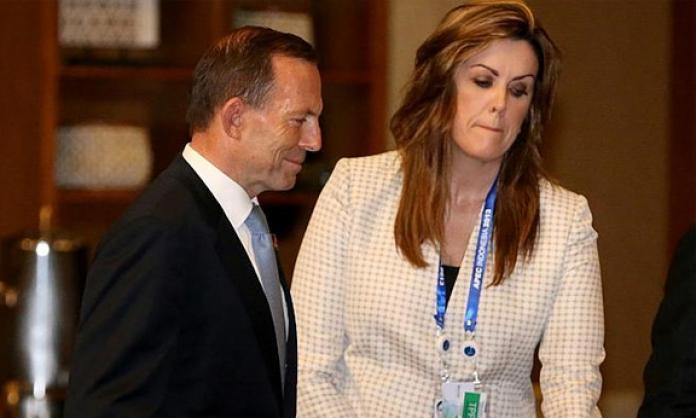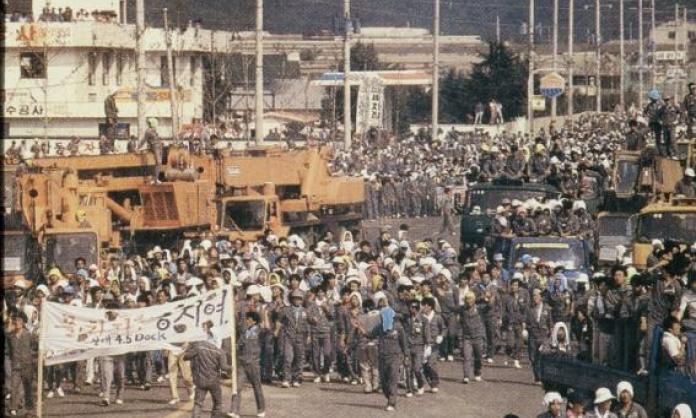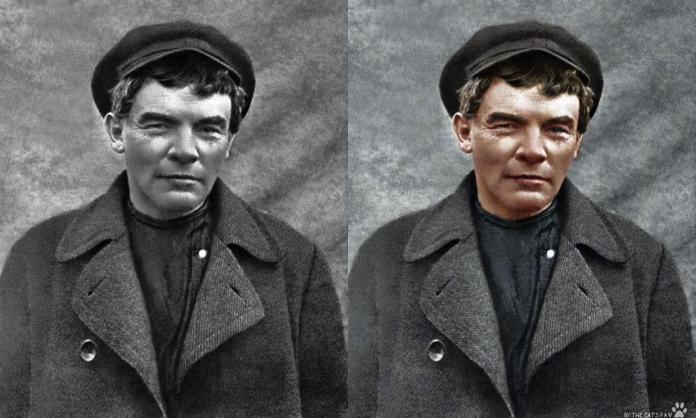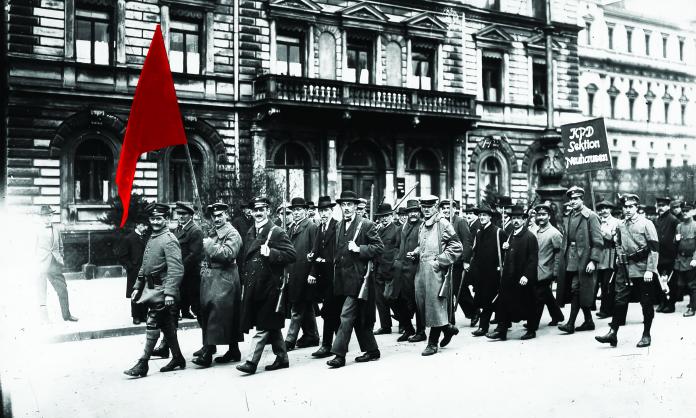The Lord’s Prayer is read at the beginning of each sitting of the federal parliament. It’s a prayer for sustenance, guidance, tolerance and forgiveness for those approaching moments when the honourable members will stray from their allegedly righteous path. Perusing the scriptures, there are more apt passages for these people. Many in the Prophecy of Amos in particular stand out. There, wrath against avarice and luxury is writ large.
But politicians take what’s convenient from the Bible – and from the public. The assembly is full of odious (and odorous) characters: careerists bloated on wine from the collective bowl. While half of the chamber is determined to impose conservative so-called Christian values on the rest of us, there is no end of their scandals involving corruption, greed, bribery, gluttony, envy and cronyism. And these are the least of their sins.
Their reactionary policies are much more damning of their character: the ALP and the Liberals teaming up in 2004 to ban same sex marriage; the ALP and the Liberals walking in lock step on the detention of asylum seekers for years on end in concentration camps; the bipartisan support for every US-led war, resulting in the deaths of hundreds of thousands; the attacks on Indigenous communities around the country in a new wave of assimilationism; the refusal to do anything serious about climate change. The list goes on and on.
We can elect whoever we want – Murdoch will still own the papers, Rinehart will take the iron ore revenues, and the CEOs and boards of the major companies will still control the economy.
Australia is one of the wealthiest places in the world, but the ruling class has scrambled to grab as much of it as possible. It has been dutifully enabled by every parliament. Oxfam’s January report, An economy for the 1%, found: “Far from trickling down, income and wealth are instead being sucked upwards at an alarming rate, out of the reach of ordinary people … [In Australia], the richest 10 percent of people own more wealth than all other Australians combined, and our richest individual has the same amount of wealth as the poorest 10 percent …
“Not only that, if you look at the increase in wealth in Australia over the past 15 years, over half of [it] has been captured by the richest 1 percent, while the poorest 10 percent of Australians got such a small share of the overall increase that it rounds down to 0 percent”, the report’s authors note.
For example, we have just experienced one of the largest mining booms in history. According to the Australian Bureau of Statistics, the before-tax operating profits of the industry from 2006-07 to 20013-14 were more than $470 billion. That’s enough, from just eight years of production, to rebuild, transform and increase public infrastructure across the continent: new or refurbished hospitals and schools in every regional and capital city, a dramatic expansion of public transport, tens of thousands of public housing units for the homeless and people struggling to find an affordable place to live, reparations to the Indigenous communities that have been ripped apart by pastoral and mining interests for two centuries, and tens of thousands of jobs.
But where did the proceeds go? Overwhelmingly to the large multinational corporations and people such as Gina Rinehart – who briefly became the richest woman in the world only because she inherited a company from her father and exploits the resources that should be used collectively to benefit working class people. In fact, the Australia Institute think tank estimates that, over six years, state governments alone handed out close to $18 billion in “assistance” to mining companies while they were raking in these super-profits.
Or take the finance industry. The after-tax profits of the banks in the last two years alone were more than $70 billion – enough to build more than 30 state of the art hospitals. The majority of that income is drawn from the interest payments of people who had to become indebted for decades just to put a roof over their heads.
None of the major political parties – the ALP, the Liberals or the Greens – seriously fought to stop this tremendous looting of resources and working class people’s incomes, let alone even gesture to taking this tremendous wealth back and using it for the common good. Instead, with every budget, the “people’s representatives” from all sides of politics have allowed the gouging of more and more from the poor for the sake of “the economy”.
This is not simply a recent trend. Liberal and Labor governments have always done the bidding of the corporate world. In the period since the late 1970s in particular, they have lowered company tax rates, ripped up social welfare, attacked unions, privatised social services, funnelled tens of millions of dollars to elite private schools while underfunding public schools, passed laws that enable the holding down of wages, and given huge tax concessions and handouts to big business.
‘Accumulate, accumulate! That is Moses and the Prophets!’
Yet the problems run deeper than the politicians. Capitalism is not built on a moral imperative, but on a class structure that puts all of the productive resources of society – the telecommunications infrastructure, the office buildings, the factories, the mines, the arable land etc. – in the hands of a minority.
As Karl Marx (the source of the quote for the above subheading) noted, the real economic processes of the system – competition between corporations and the exploitation of the vast majority of people’s labour – incessantly suck wealth from the bottom of society to the top. Corporate profit is the god before which all company executives kneel. This is the root cause of the problems we face: everywhere, the production of goods and services is carried out in a destructive way and calculated only to generate income for those who own the resources.
It explains why we can have societies in which there are hundreds of thousands of homeless people, yet millions of empty homes; millions of hungry people, but an abundance of food; millions of people wanting to work, but no-one willing to employ them.
Of course, there is a tremendous amount of greed involved. The rich always want more no matter how much they have. But the fundamental structure of the economic system means that, if one company decided not to think first about its bottom line, it would soon go out of business and be taken over by its competitors. That’s true regardless of the moral character of the person running the company. All the pressures are to cut wages, cut corners, make people work longer hours so that the company remains “healthy”. So it’s always a race to the top for profits, but a race to the bottom for workers, who are pitted against each other in competing firms and competing countries.
The political parties are thoroughly integrated into the workings of this system. Their MPs simply administer the framework within which this process of exploitation and profit creation takes place, making it slightly more or less bearable for the majority of people, depending on the period. They can’t challenge it, because real power doesn’t lie in the parliament, but with the unelected heads of industry who make the investment decisions. We can elect whoever we want – Murdoch will still own the papers, Rinehart will take the iron ore revenues, and the CEOs and boards of the major companies will still control the economy.
We need to get rid of this system and replace it with one in which the resources are shared and production is carried out for human need. To do that, we need to build a politics different from the standard fare currently on offer. And we need a type of political party different from those that just want seats in parliament. We need one that puts the activity of working people at the centre of its practice – because only when the vast majority of people stand up and fight back against a system that puts them last can we create a world in which, as Amos related, “the faction of the luxurious ones shall be taken away”.










